I pretend to be a bird on the internet. He/Him
- 16 Posts
- 57 Comments

 9·1 year ago
9·1 year agoAs per the article:
"But what if my container is ‘microwave-safe’?
Though various plastics are marked as microwave-safe—and plenty of plastic lobbyists have defended them as perfectly safe—the term is somewhat misleading. It’s simply referring to plastic types that won’t crack or melt when heated, not their chemical makeup. Supposedly microwave-safe products can still contain bisphenols, phthalates, and plenty of other potentially harmful ingredients."

 1·1 year ago
1·1 year agoI appreciate your engagement in this discussion, but I’d like to address your points as I feel like I didn’t make my first point about plants feeling pain as well as I could:
Firstly, it’s important to clarify that the argument I presented isn’t about how similar creatures look to us, but rather about the ethical framework we use to assess suffering. The term “speciesism” is often used to criticize differential treatment based on species, and it’s a valid concern. However, drawing a moral line isn’t necessarily about appearance; it’s about recognizing the capacity for suffering and the moral responsibility that comes with it.
You mentioned that pain requires perception, and we lack a definitive test for an inner listener. This is a valid point, and it’s why the debate surrounding the sentience of plants is ongoing. While we don’t have concrete evidence of plant consciousness as we do for animals, it’s also worth acknowledging that our understanding of consciousness is still evolving.
Regarding behavior, you rightly point out that some birds exhibit complex behaviors, including language. This complexity raises important questions about the moral implications of causing harm to such creatures. The issue at hand is complex and nuanced; we can differentiate between beings with different cognitive capacities and still recognize the moral imperative to minimize suffering across the board.
The point of discussing plants in this context is not to “win an argument” but to emphasize that the question of suffering is multifaceted. It’s a way to provoke thought about where we draw the line and whether our current practices align with our moral values. While we may not have all the answers, it’s important to engage in these discussions to encourage more ethical and sustainable choices.
The intention here is not to rationalize cruelty but to foster a deeper understanding of the complex ethical considerations surrounding our treatment of all living beings. These discussions can help us evolve our practices and make more informed choices about our impact on the world around us.

 1·1 year ago
1·1 year agoNot at all; as stated in my comment, the debate is not about whether a given creature experiences pain and works to avoid suffering, but rather where you draw the line on what level of suffering is acceptable. I personally avoid buying meat products from the store because I feel that factory farms are inhumane and unsustainable, but I’m willing to and do raise and harvest meat birds for my own consumption.
Judging by your comment history, you do eat plant-based, and that’s pretty cool. I encourage you to share some of your favourite plant-based recipes in this community :)

 10·1 year ago
10·1 year agoPlants probably also feel pain then, considering that they modify their behavior after injury, seek to avoid them, and chemically communicate with other plants to protect themselves. Life is life, no matter if it’s speaking, clucking, mooing, or photosynthesizing, it’s just a matter of where you draw the line.

 8·1 year ago
8·1 year agoA reminder to be(e) nice; we all come from different backgrounds, and launching ad hominem attacks is ineffective in getting people to consider your arguments.

 4·1 year ago
4·1 year agoThis comment feels needlessly hostile.

 122·1 year ago
122·1 year agoWhen organizations mess up, why is their first response to the critique to say “Why didn’t you come to us first?” when they really mean “Why did you make this public so we actually have to do something?”
I get really frustrated with the response because it doesn’t come across as a company actually interested in improving, but just throwing accusations back and trying to beg off the responsibility of actually holding themselves accountable.

 4·1 year ago
4·1 year agoMultiple issues can exist at once.

 4·1 year ago
4·1 year agoThat one of the problems with the design of the Monk class, though. all other possible class features could be argued to be less worthwhile than just using Stunning Strike on every attack each round until it hits, which in my opinion as a Monk player and DM is incredibly boring.

 7·1 year ago
7·1 year agoYou’re seeing words that trigger your community’s language filter, I believe.
Here’s the guide I used from Way of Leaf for my first flush. The main way that mushroom cultures fail is because they get overtaken by mold spores, so sterilization of everything is VITAL. Spores can be purchased online for microscopy purposes, along with pre-sterilized grain bags with injection ports.
This feels like a bad faith argument. OP correctly identifies that users from instances other than Beehaw tend to be more likely to engage in argumentative and pedantic commentary, which you prove in your interactions so far.

 3·1 year ago
3·1 year agoSeconding this. OP seems very determined to avoid interacting with comments that don’t explicitly confirm their own worldview.

 6·1 year ago
6·1 year ago- Steve1998MREInfo tests and reviews military MREs from all around the world. Surprisingly entertaining and wholesome.
- Townsends 18th century living history reenactment and history, especially focusing on the food and everyday chores of colonial Americans.
- Wendigoon cool dude who makes videos on conspiracies, analog horror series, modern mysteries, and bible studies.
- Knowing Better educational political and sociological videos with occasional skits.

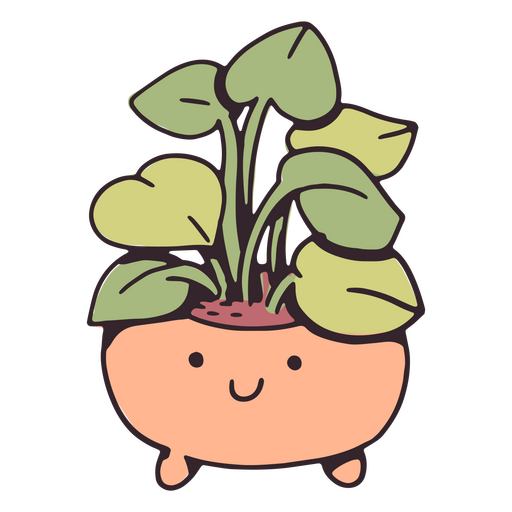 2·1 year ago
2·1 year agoIt’s hard to tell from the picture, but if tarragon doesn’t check out, it could be caraway?

 4·1 year ago
4·1 year agoI found a chart from Alpha-Gal Information that lists the products that those with alpha-gal syndrome might have allergic reactions to; of note is that some have reactions to gelatin, which is present in many medicines including gel-caps.
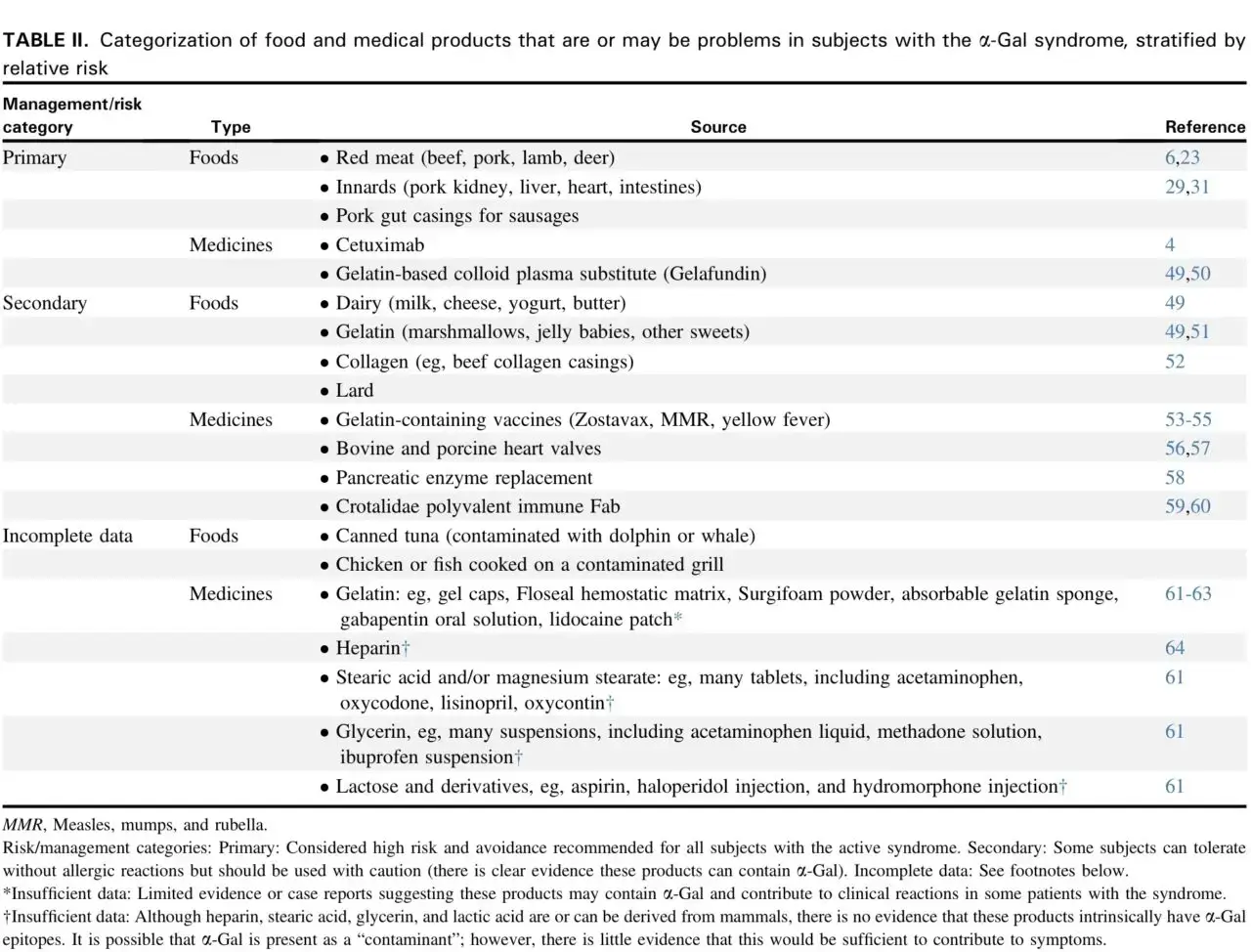

 2·1 year ago
2·1 year agoI recently learned that you can grill it and I am very interested in trying it out, maybe this year!

 5·1 year ago
5·1 year agoAbsolutely. Like you, I’m trying to get involved in/build up my local community. I tend to a small farm, so I’ve been taking a page out of Stardew’s book; it turns out most people really do like being gifted vegetables and animal products!


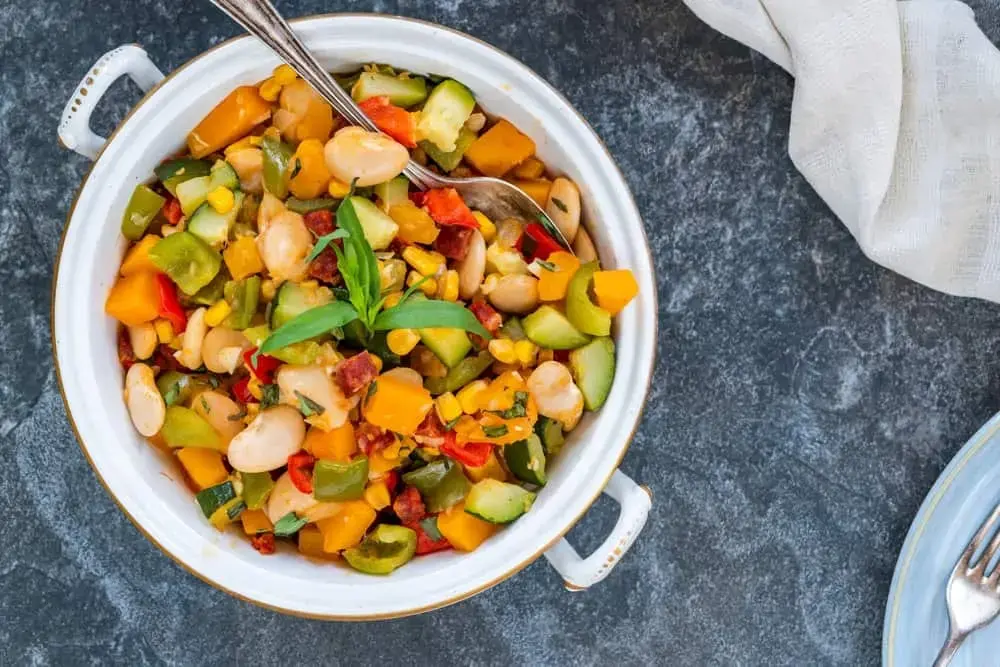
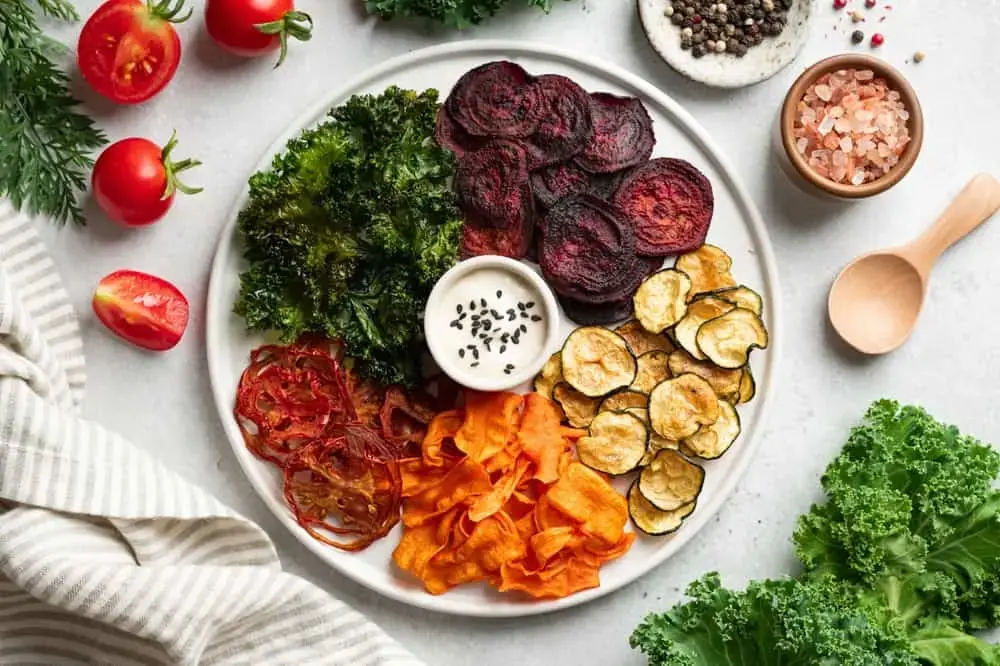

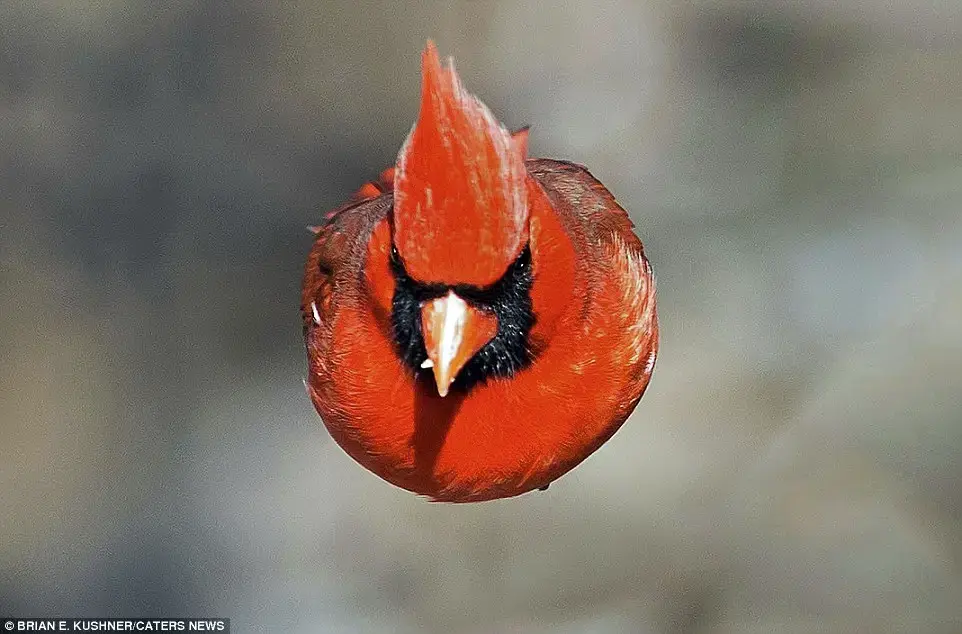

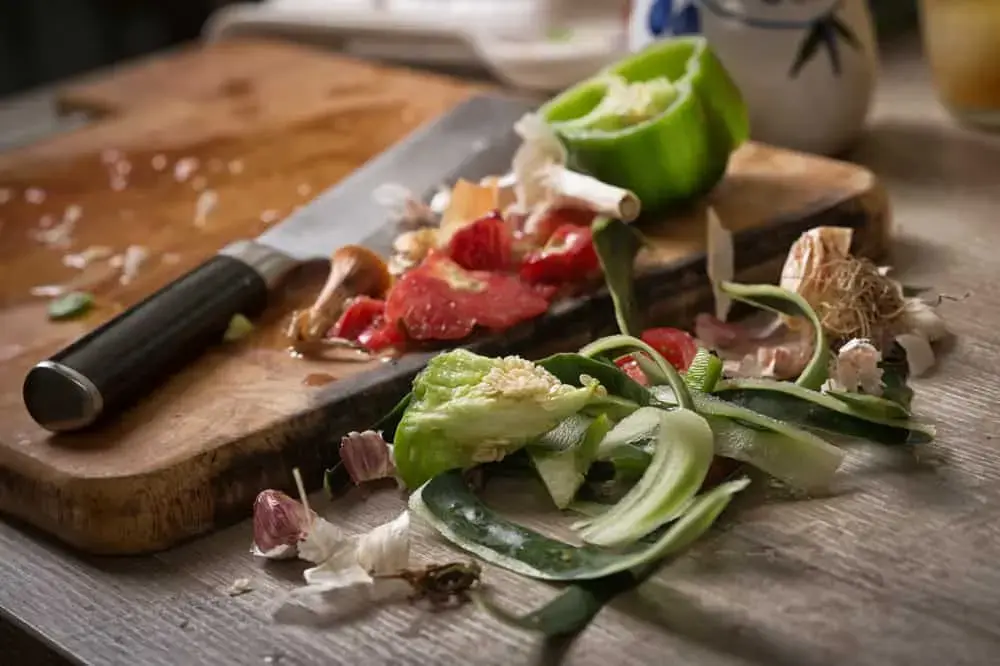






I did the same with my scraps and insect-damaged tomatoes! The ducks in particular go crazy for them!